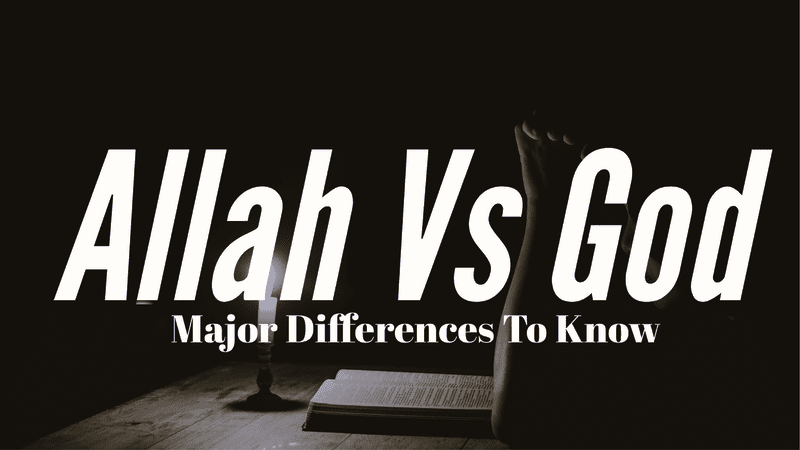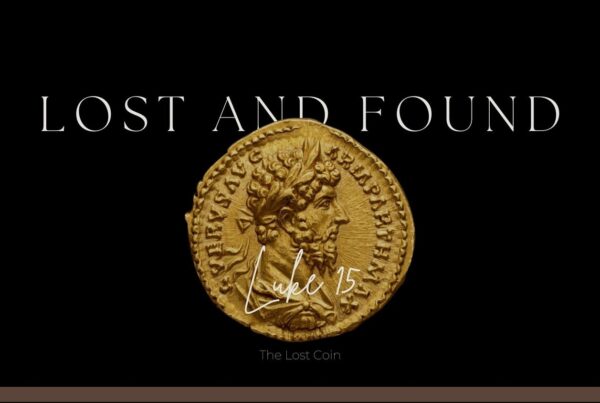Are the God of the Bible and Allah of the Quran the Same?
As children of God, we believe the Bible is the infallible Word of God, and Jesus is God in the flesh (John 1:1, 14; 1 Timothy 3:16). This study examines whether the God of the Bible is the same as Allah of the Quran. While many people assume they are the same just called by different names, a closer look shows clear and important differences.
1. The God of the Bible Has a Personal Name
The Bible gives us several names that describe who God is:
Yahweh (Jehovah): God’s covenant name (Exodus 3:14–15)
Elohim: God the Creator (Genesis 1:1)
El Shaddai: God Almighty (Genesis 17:1)
Jehovah Jireh: The Lord Will Provide (Genesis 22:14)
I AM: The self-existent One (Exodus 3:14)
These names show us God’s character, His covenant with His people, and His relationship with us.
Muslims say “Allah” simply means “God” in Arabic. But “Allah” is more of a title than a personal name. The Quran does not reveal a personal name for Allah like the Bible reveals God’s name. In contrast, Christians know God’s name and character intimately.
2. Jesus Is Alive — Muhammad Is Not
Jesus Christ, who is God in the flesh, died, was buried, and rose again on the third day. He is alive forevermore (Revelation 1:18; Luke 24:6–7).
Muhammad, the founder of Islam, died and remains in the grave. Muslims honor Muhammad, but he cannot save. Worshiping or exalting a dead man is idolatry, which the Bible strictly forbids (Exodus 20:3–5). Christians worship Jesus, the living God, not a prophet who lived and died.
3. Contradictions on Marriage and Divorce
The Bible says in Malachi 2:16 that God hates divorce, though Jesus later clarified that in cases of adultery, divorce may be allowed (Matthew 19:9). God’s heart is always for reconciliation and holiness in marriage.
In contrast, the Quran permits divorce more freely. Even more concerning, Islamic tradition (see Quran 33:37 and Islamic Hadiths) tells us that Muhammad instructed his adopted son Zayd to divorce his wife, Zaynab, so Muhammad could marry her. This action was said to be “commanded by Allah.”
If Allah and the God of the Bible were the same, why would Allah approve of something God says He hates? This shows a clear difference in moral character.
4. Jesus Is God — Muhammad Is Not
The Bible clearly teaches that Jesus is God in the flesh:
1 Timothy 3:16 – “God was manifested in the flesh…”
John 1:1, 14 – “The Word was God… and the Word became flesh…”
John 20:28 – Thomas calls Jesus “My Lord and my God.”
Romans 9:5 – Christ is called “God over all.”
The name “Jesus” (Yeshua) means “The Lord saves” or “God is salvation.” He is our only Savior (Acts 4:12).
Muslims view Muhammad as the final prophet, not as God. But no man, prophet or not, can take the place of Jesus. To put Muhammad on a pedestal is to exalt a man over God. Again, this is idolatry.
Conclusion: They Are Not the Same
The God of the Bible has a personal name and reveals Himself in relationship.
Jesus Christ is God in the flesh who died, rose again, and lives forever.
The Bible condemns idolatry and forbids lifting up any man above God.
The Quran contradicts the Bible in both doctrine and morality.
From a biblical standpoint, the God of the Bible and Allah of the Quran are not the same. We believe Jesus is the only way to salvation (John 14:6), and no other name can save us (Acts 4:12).
If you’re seeking truth, know that Jesus is not just a prophet — He is God, and He is alive. Come to know Him through His Word, through prayer, and through the power of His Spirit.
“And you shall know the truth, and the truth shall make you free.” — John 8:32 (NKJV)




